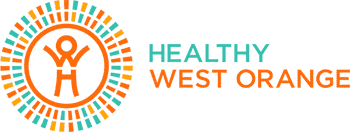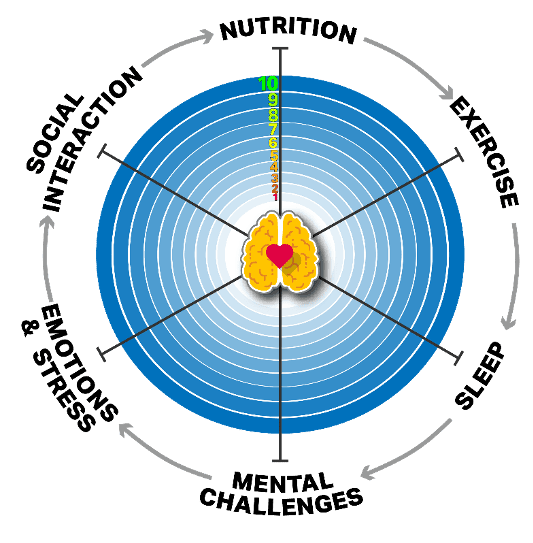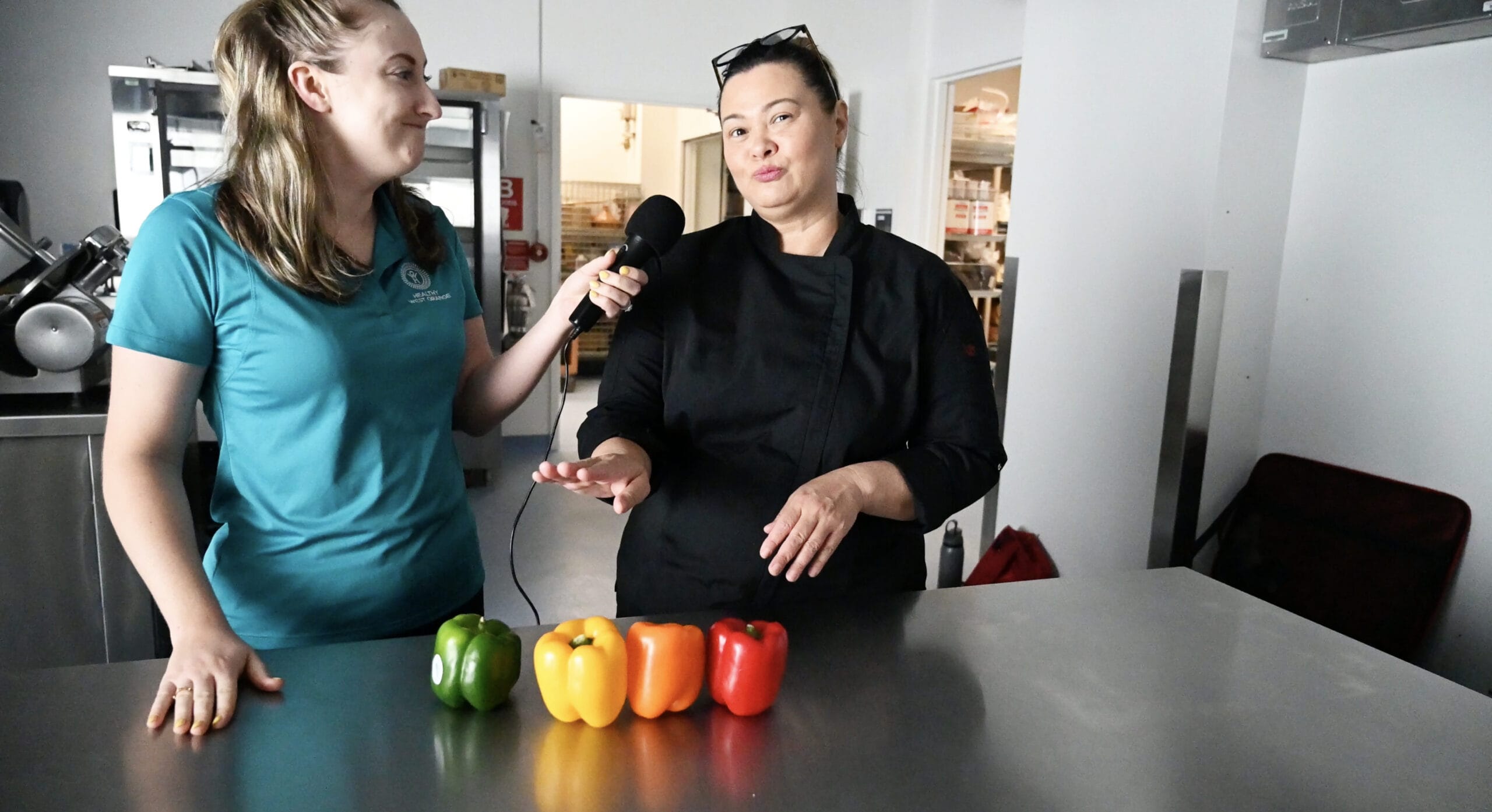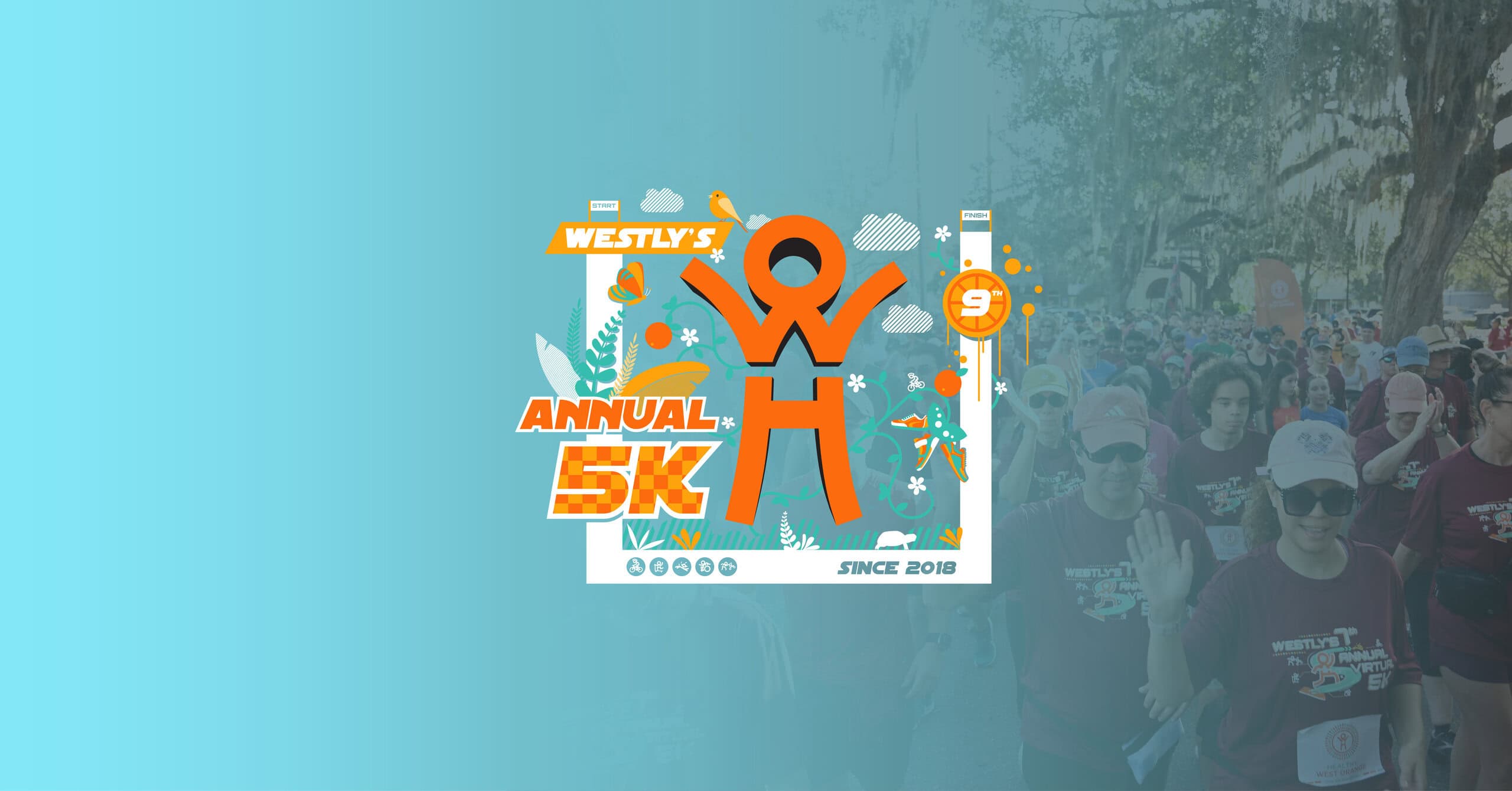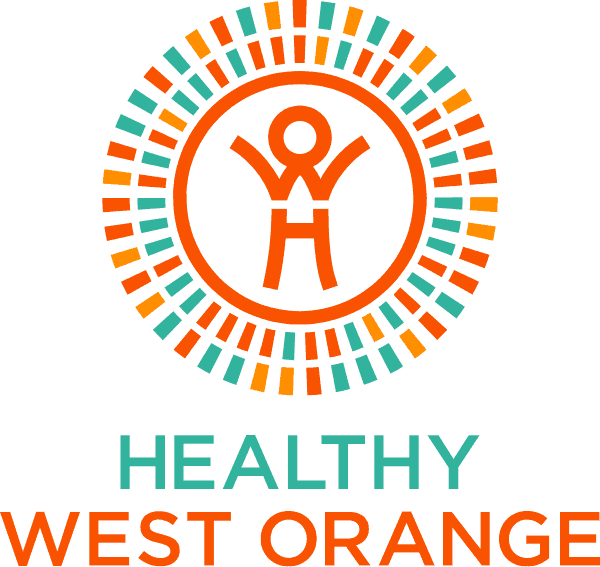The 6 Factors of Peak Brain Health

The 6 Factors of Focus for Peak Brain Health
Your daily activities affect your overall brain health! Think of your brain health like spokes on a tire. Take a look at the diagram below. Each element has an important job, and when they aren’t running well, the tire can go flat. Let’s hear from brain health expert Michael Dottino from USA Memory Championship to learn about how to keep our brain, mental, and physical health at peak performance!

1. Nutrition
We may not realize it, but what we eat can affect our memory and how our brain functions. There are three important types of nutrients that our bodies need in large amounts, called macronutrients: proteins, carbohydrates, and fats. To learn more about how to eat macronutrients for brain health, click below!
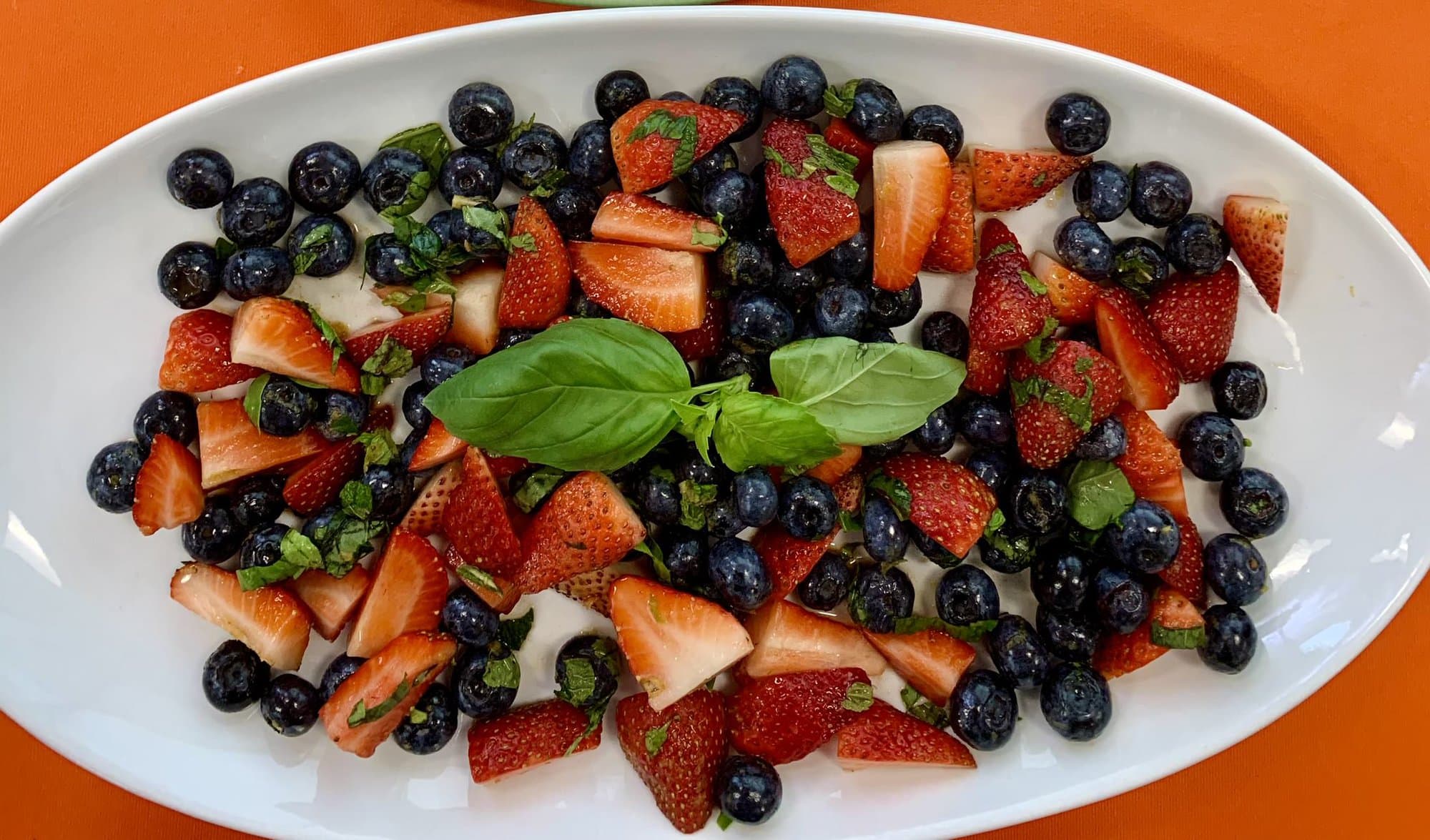
While macronutrients should make up the largest part of your diet, there are other things in our diet that impact our brain health.
2. Exercise
Exercise is important not only for our physical health but also for our brains. It makes sure that our brains receive a good supply of oxygen. Since the brain uses a large amount of the oxygen in our bodies, maintaining good fitness is important for protecting brain health. To get the maximum benefits from exercise, do activities that you enjoy so you will stick to an exercise routine and reduces stress levels in the body! Exercise also improves mood and lowers the risk of anxiety and depression. Click below to explore different types of exercises and their benefits!

Depending on your age and current activity level, find a program that suits you best. Start slowly and work your way up! Need some inspiration to get started? Click here to for a full body at-home workout tutorial!
3. Sleep
Getting enough sleep is important for memory. When we sleep, the brain decides which memories to keep in long-term memory and which ones to forget. Improper sleep can lead to short-term effects of sleep deprivation, such as difficulty remembering things and learning new information.
The amount of sleep needed is different for everyone. Most adults require 7-9 hours of sleep per night, but everyone is different!
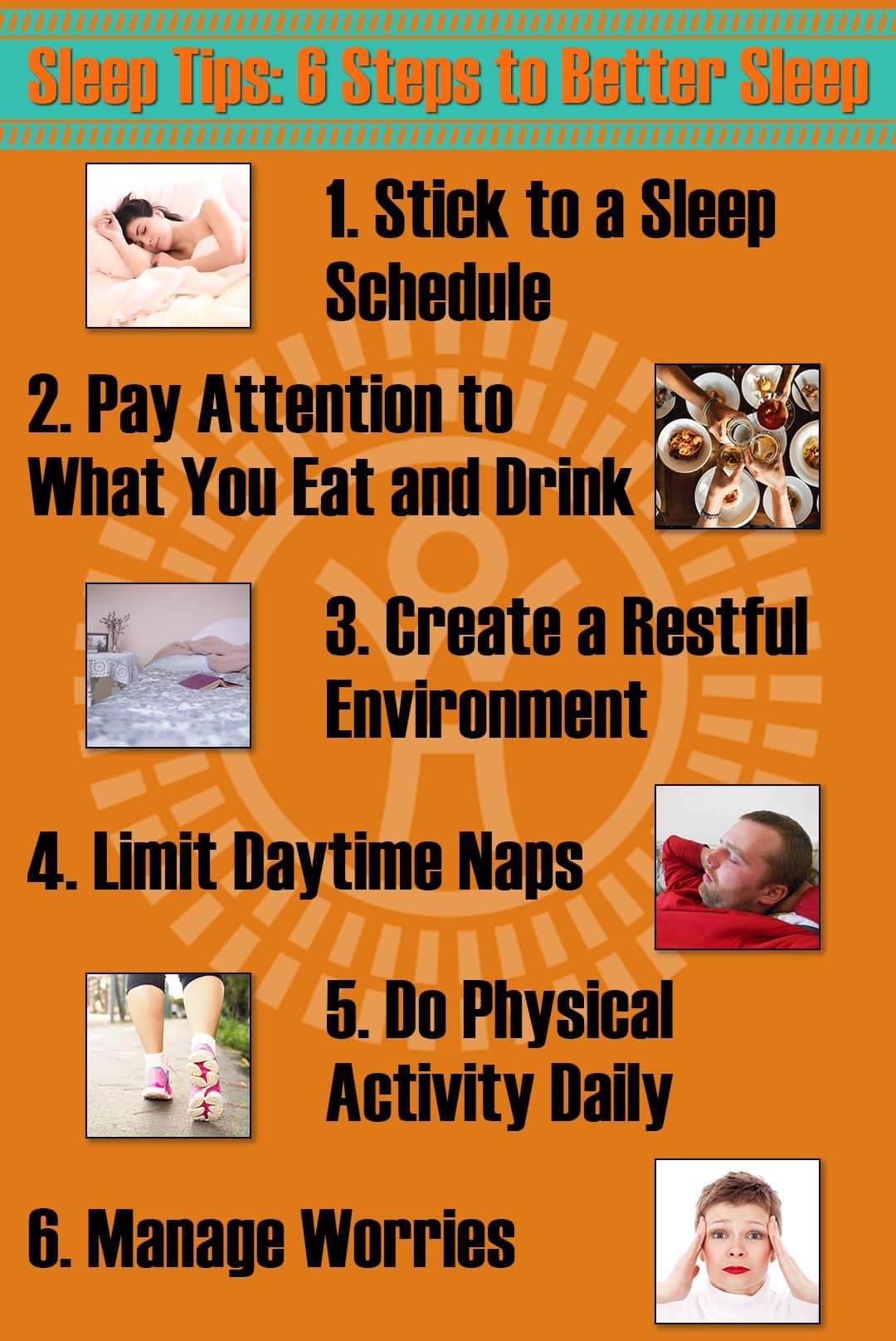
4. Mental Challenges
Just like a muscle, our brain needs to be exercised to stay healthy. Even though the brain is not a muscle, maintaining its health is similar to maintaining a healthy body. Challenging mental workouts can benefit the brain the most, as they involve active learning and often require both mental and physical activity.
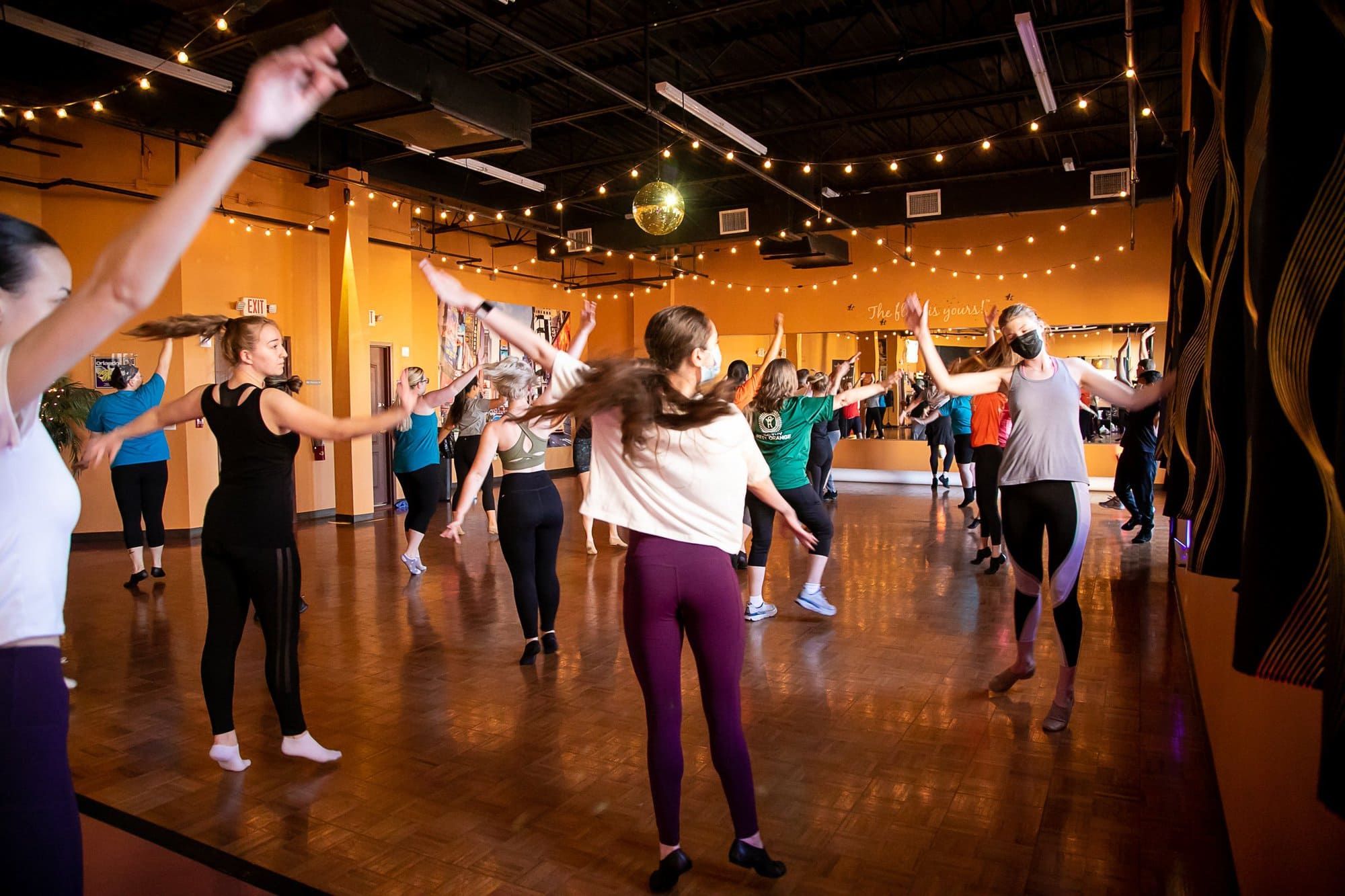
5. Emotions & Stress
Our mood has control of our thoughts and memory. If we repeatedly view our experiences and events negatively, we may experience stress. This chronic stress can harm our ability to translate memories and harm the process of storing information in long-term memory. It can also lead to mental exhaustion, commonly known as burnout. Our brains are designed for periods of hard work followed by periods of rest; however, chronic stress disrupts this balance. Click here to learn how to use mindfulness to reduce stress!
6. Social Interaction
Studies have shown that social interactions help keep our brain healthy and also increases life expectancy, so socializing is a key part of a healthy lifestyle. According to Stanford University, people who feel connected to others experience lower levels of anxiety and depression. They also have higher self-esteem, greater empathy, and are more trusting and cooperative. Learn more about the health risks of social isolation and how to prioritize socialization in your life HERE!
Continue your brain health journey
Remember, progress can be made little at a time! Keep prioritizing your brain health by reading the next two blogs in this series! Click here to learn about the “Top 6 Ways to Keep Your Brain Fit” and “Benefits of Social Connection”. Making small improvements every day for your brain health can go a long way. You got this!
Michael Dottino
Michael Dottino is the Chief Development Officer of the USA Memory Championship (USAMC). He is the creator of the Brain Power Series, a curriculum of online and in-person courses that teach memory skills, brain health, and super learning. He has provided both personal and organizational coaching to clients in the health care, hospitality, armed services, emergency services and education industries.
Michael is currently working with the neuroscience departments at MIT and Columbia on a National Science Foundation grant to study the impact of memory training on brain
function, and is a co-facilitator of the Brain Fitness Academy at the Dr Phillips YMCA.

Share this Post
Never Miss an Update
you might also like
There is nothing worse than a toothache, am I right?? Oral health is very important for overall health and wellbeing, at every age!
